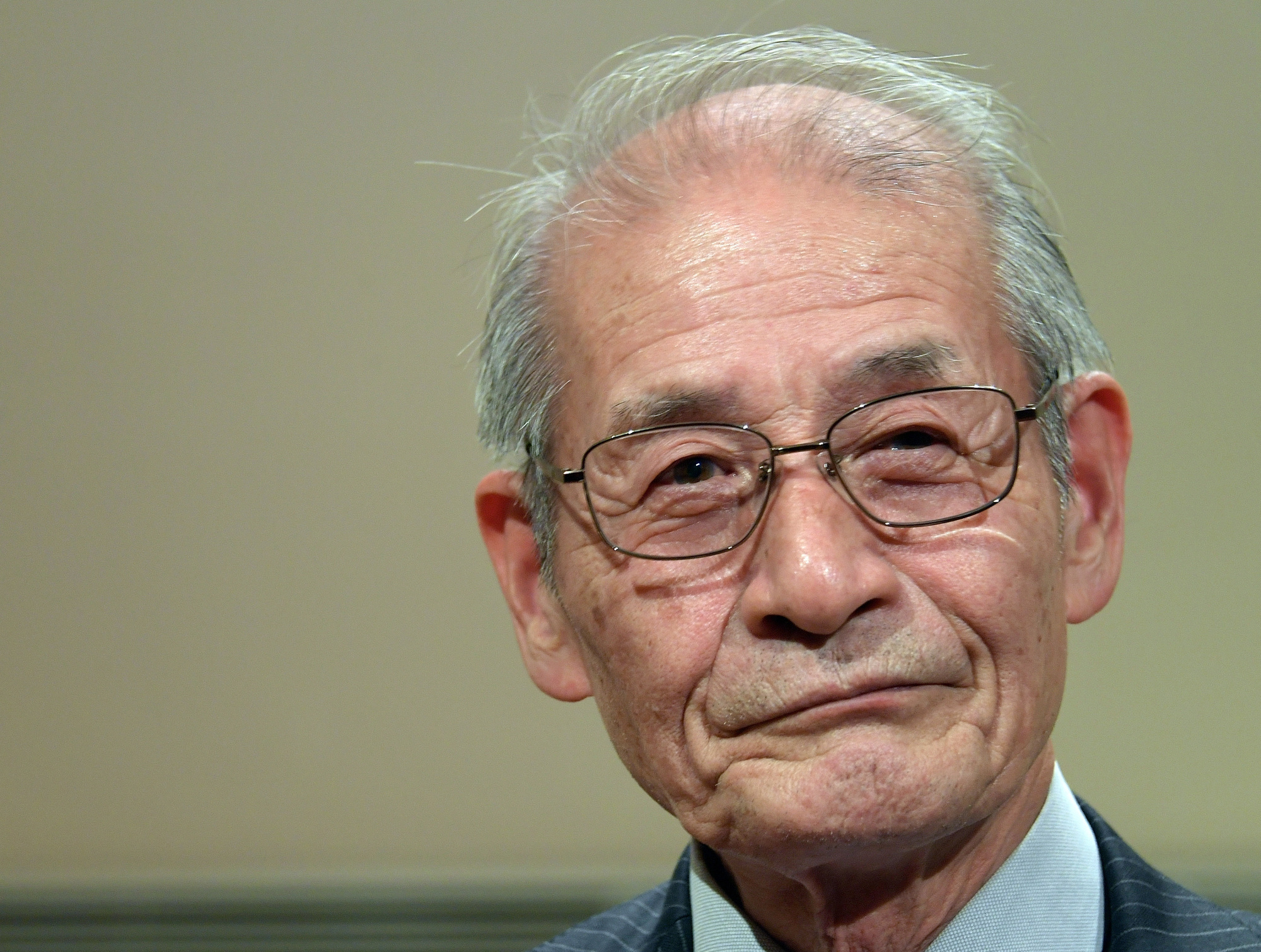Looking back on the past year in science, the coolest advances seem to be coming in areas such as gene editing and quantum computing. This is sexy research pointing with confidence to the future. Yet we should remember that some of the most important scientific discoveries take place almost without notice, in seemingly boring fields like materials science or chemistry.
Indeed, nearly all of the roughly 5 billion mobile phones now in use run on compact lithium-ion batteries, which didn't exist before 1991. Without this technology — based on subtle advances in chemistry — a lightweight smartphone would feel more like a brick, and the mobile communications revolution would never have happened. The scientists behind this battery revolution, including Japanese chemist Akira Yoshino, were awarded last year's Nobel Prize in chemistry, and their research illustrates just how tricky it is to store chemical energy safely and reliably in compact pieces of matter.
Most cars and trucks today still carry lead-acid batteries, a technology originally invented in 1860. But scientists have long suspected that the element lithium might offer a pathway to smaller, lighter batteries that pack more energy. Lithium is the lightest of all metals, and it has a strong tendency to give up electrons to other materials, a useful property for generating voltage.


















With your current subscription plan you can comment on stories. However, before writing your first comment, please create a display name in the Profile section of your subscriber account page.